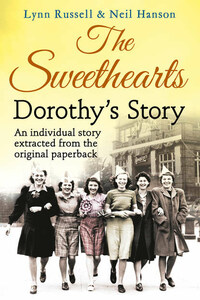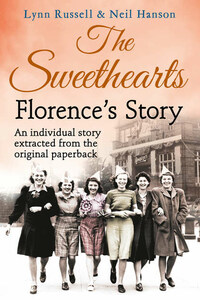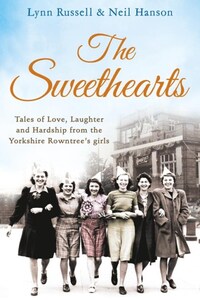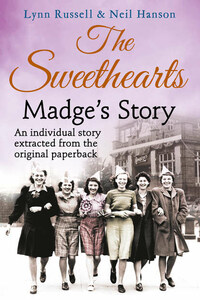Eileen’s story
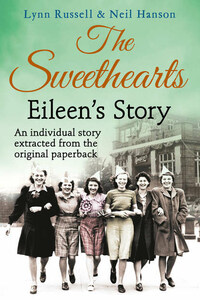
This is Eileen’s story, one of five stories extracted from THE SWEETHEARTS.Whether in wartime or peace, tales of love, laughter and hardship from the girls in the Rowntrees factory in Yorkshire.“Eileen’s dad worked at the Rowntree’s factory loading cocoa beans into the grinding mills; it was hard physical work, but he was a tall and powerful figure and very fit. Eileen was only five when war broke out and her dad went away, and was just nine years old when he came back from war. ‘He looked simply horrendous. His wounded leg was still in plaster, his hair had grown long, there were scars all over his face and scalp, and to allow his wounds to continue to heal and to keep his eye sockets open until he could be fitted with glass eyes.’ He could have trained to run a corner shop, or done plenty of other things –but all he wanted to do was go back to Rowntree’s…”From the 1930s through to the 1980s, as Britain endured war, depression, hardship and strikes, the women at the Rowntree’s factory in York kept the chocolates coming. This is the true story of The Sweethearts, the women who roasted the cocoa beans, piped the icing and packed the boxes that became gifts for lovers, snacks for workers and treats for children across the country. More often than not, their working days provided welcome relief from bad husbands and bad housing, a community where they could find new confidence, friendship and when the supervisor wasn’t looking, the occasional chocolate.
